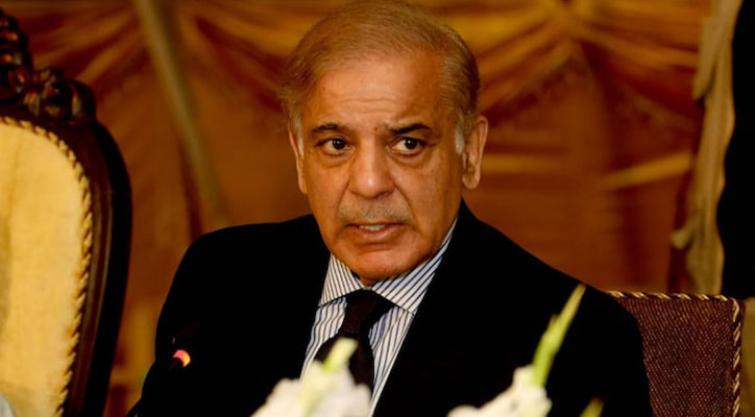By FnF Correspondent | PUBLISHED: 05, Jan 2023, 15:15 pm IST | UPDATED: 05, Jan 2023, 15:17 pm IST

New Delhi: With Pakistan grappling with an economic crisis, the Shehbaz Sharif-led government has ordered all malls, markets, wedding halls, and restaurants to shut early as part of its new energy conservation plan. While authorities on Wednesday (January 4, 2023) ordered shopping malls and markets to close by 8:30 pm, wedding halls and restaurants have been asked to shut at 10 pm. The Sharif government expects these measures to save energy and curtail the costs of imported oil, for which Pakistan spends USD 3 billion annually.
Pakistan Defence Minister Khawaja Mohammad Asif told journalists on Tuesday that the cabinet-approved measures to shut markets to save the cash-strapped country about 62 billion Pakistani rupees ($273 million). He said that some market representatives had pushed for longer hours, but the government decided that earlier closure was needed.
Asif also said PM Sharif had ordered all government departments to reduce electricity consumption by 30%.
He stated that the energy conservation plan also included banning the production of energy-inefficient bulbs and fans from February and July respectively.
The minister added Pakistan's peak summer electricity usage was 29,000 megawatts (MW) compared with 12,000 MW in the winter, mainly due to the use of fans in hotter months.
Half of the street lights across the country will remain switched off as a "symbolic" gesture, he said.
It is notable that most of Pakistan's electricity is produced using imported fossil fuels, including liquefied natural gas, prices of which have skyrocketed in the past few months.
Business leaders, however, say the new measures will have a negative impact on their establishments, which suffered during the Covid-19 pandemic under government-imposed lockdowns to contain the spread of the coronavirus.
The move comes as Pakistan struggles to quell default fears in domestic and international markets, with a $1.1 billion International Monetary Fund (IMF) bailout tranche stuck due to differences over the ninth programme review, which should have been completed in November.
Other critical multilateral and bilateral financing avenues are also said to be linked to the IMF programme, which means that Pakistan -- a nation of 22 crore people -- is hard-pressed to meet external financing needs of over $30 billion up until June 2023, including debt repayments and energy imports.
Pakistan says last summer's devastating floods caused up to 40 billion in damages to the country's economy, making it difficult for the government to comply with some of the IMF's conditions, including increases in the price of gas and electricity and new taxes.
Pakistan's total liquid foreign exchange reserves stood at $11.7 billion - $5.8 billion with the central bank - as of late last month, having fallen 50% in 2022.

by : Priti Prakash
The farmers have marched back to Delhi with their demands, for which they sat on roads leading to th...